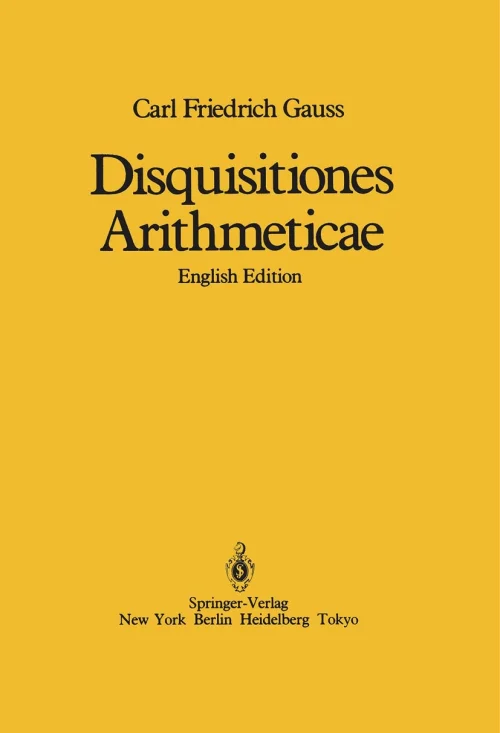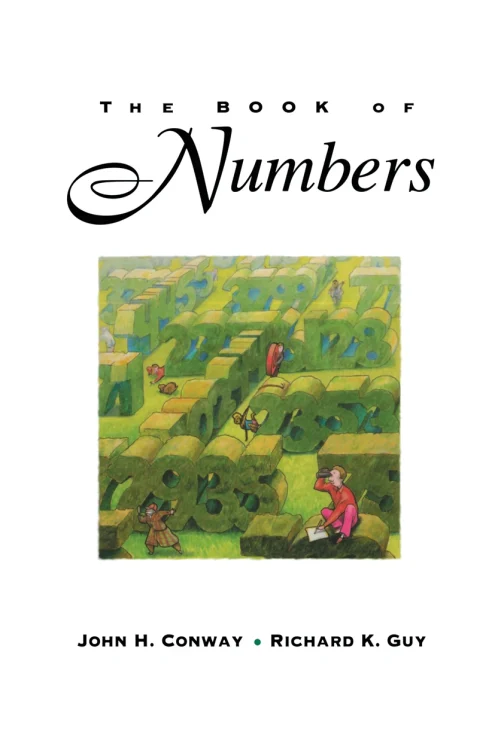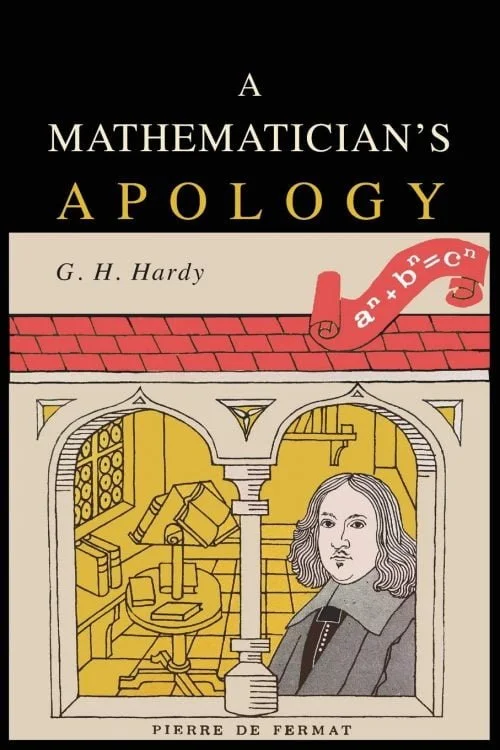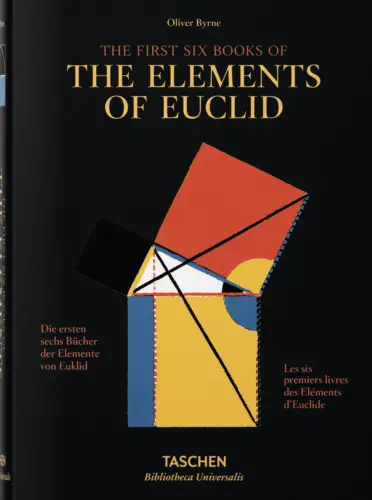Discover the origins of algebra and the genius behind it with al-Jabr, the groundbreaking work by al-Khwārizmī. In this book, al-Jabr, al-Khwārizmī introduces modern algebraic methods that revolutionized problem-solving.
Considered the foundation of algebra, al-Jabr is an influential piece that shaped the way we approach equations. It even gave birth to the word ‘algebra’ itself. Thanks to Friedrich August Rosen’s translation in 1831, this significant work became accessible to a wider audience. Rosen’s insightful introduction and notes add depth to the book, making it a must-read for those fascinated by the history of mathematics.
Embark on a journey through the essential algebraic techniques of reduction, completion, and balancing, alongside step-by-step solutions to polynomial equations of up to the second degree. The relevance of al-Jabr in modern times is a testament to ben Musa’s everlasting legacy in mathematics.
















